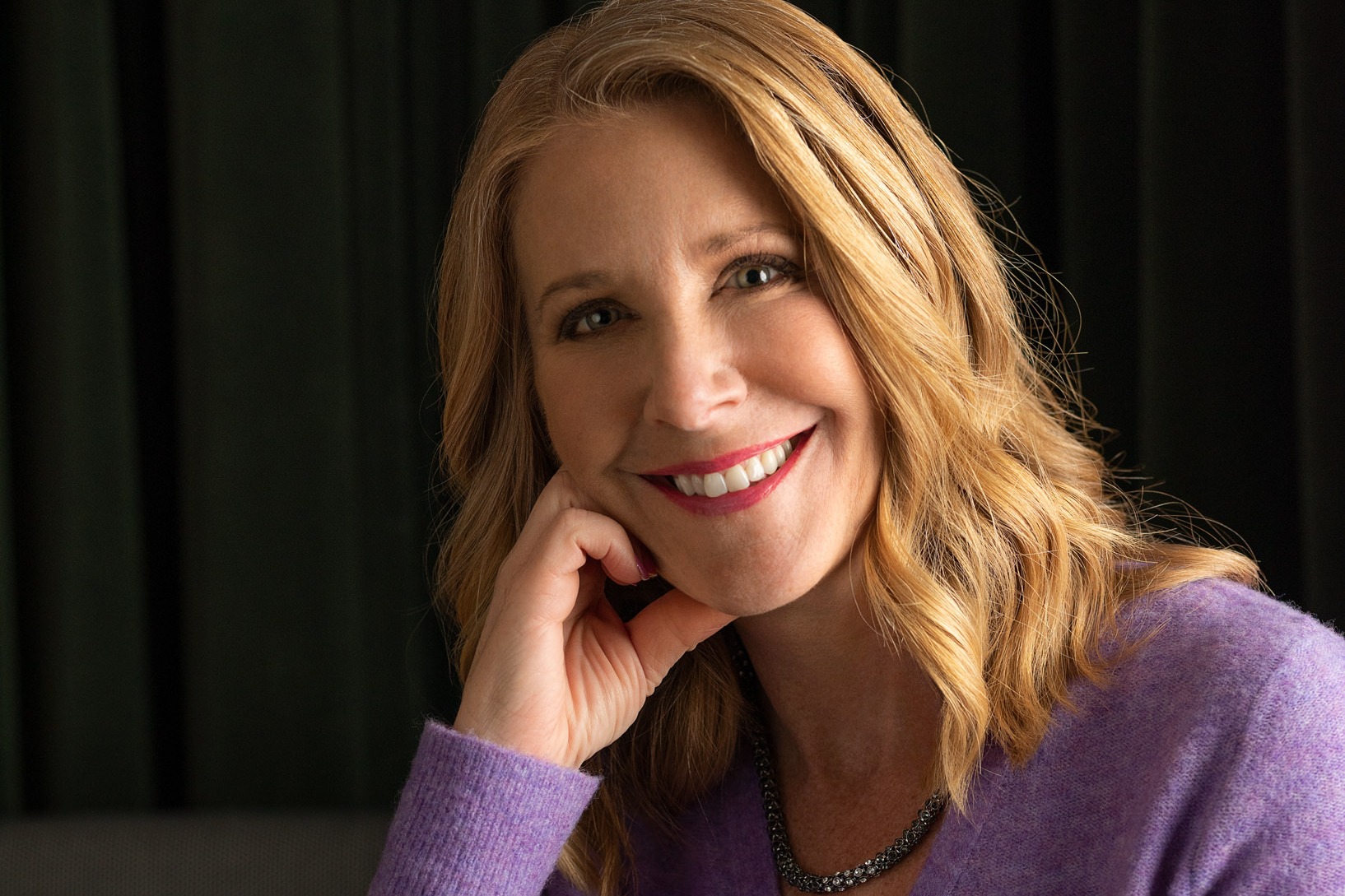For some people, adapting to change doesn’t come easily. For Bridgitte Anderson, it became a way of life early on. Born in Richmond, Anderson was on the move from the age of eight—following her mother and stepfather, who worked for B.C.’s ministry of highways—from Prince Rupert to Salmon Arm, Vernon to Merritt. “I was in nine schools in 12 years,” says the president and CEO of the Greater Vancouver Board of Trade (GVBOT) over coffee at ARC restaurant, across from the organization’s offices. “But I really thrived on meeting new people.”
Anderson was appointed to her role in November 2019—the first woman to hold the top job in the Board’s 133-year history. In it, she’ll be meeting a lot of new people—and have a lot of new bosses, with some 5,500 members representing everything from mom-and-pop retailers to big employers such as Teck Resources. She says it’s a great honour to be the first woman, but with that comes great responsibility. “We need to lead by example,” she says. “And we need to look at diversity from all angles, not just female representation.”
“We have surveys that show nearly a quarter of our businesses have considered relocating, because of affordability concerns. It makes it difficult to recruit and retain talent.”
Today she’s one of the top voices in B.C.’s business community, but back in high school—writing for the school newspaper—all Anderson wanted to do was be a reporter. Her first journalism job came at CHNL radio in Kamloops in 1988. “I remember being given a roll of quarters and told to file my stories from a payphone,” she says with a laugh. “When I tell that story, young people say, ‘A payphone? A roll of quarters? What?’”
Over the next two decades, Anderson’s journalism career would take her from radio to TV, from the B.C. legislature to the anchor desk, and from Vancouver to Toronto (where she got her first taste for business, interviewing CEOs for what was then ROBTv, now BNN). By early 2008, Anderson had returned from Toronto to work as a freelance reporter at CBC Vancouver. “One day, Gordon Campbell came into the studios,” she recalls. “He looked at me and said, ‘Bridgitte, what are you doing here?’” A few days later, she got the call: he was looking for a press secretary.
She took the job in April 2008, launching a whirlwind two-plus years at the side of B.C.’s peripatetic premier and flying all across the province. It was particularly hectic during the Olympics, recalls Anderson, who worked close to 20 hours the first day. “Being that point person, I was almost always on call. I needed to be available to media, and I needed to be available to the premier.”
The job was tough on her young family (Anderson has a daughter, who turns 19 in April and is finishing her first year at Western University, while her son is in Grade 11 in North Vancouver). By the summer of 2010, she was ready to shift gears. She moved into corporate communications, first working with private school Crofton House and then, from 2011 until last fall, with PR giant Edelman, serving as its Vancouver general manager. While some of Anderson’s clients were big multinationals, many were the small to medium-sized businesses that represent the heart of the Board of Trade.
Months into her new role, Anderson says there are two issues that are top of mind for both herself and GVBOT members: housing affordability and transportation. “Competitive conditions are worsening in the region,” she says. “We have surveys that show nearly a quarter of our businesses have considered relocating, because of affordability concerns. It makes it difficult to recruit and retain talent.” She sees the transportation issue—and transit investment, in particular—as the flip side of the affordability coin: “We have to make it easier to move people and goods, and unlock more homes and housing choices for workers.”
And then there’s the constant tension between resources and the environment. Most of B.C.’s biggest oil, gas, and mining companies are headquartered in Vancouver, yet the city remains a hotbed of anti-development activism. While GVBOT is undeniably in favour of projects like the TMX pipeline, Anderson is quick to add, “We have to balance that with the needs of the environment. And we have to ensure there’s proper consultation with Indigenous communities.”
Reflecting on her life’s journey, Anderson acknowledges that she’s in a privileged position to be able to see both sides—and, she hopes, to seek that balance. “I’ve been incredibly fortunate to have met so many people, heard so many perspectives, and lived in so many communities. It’s left an indelible mark on who I am.”
This article is from our Spring 2020 issue. Read more from our Business section here.









